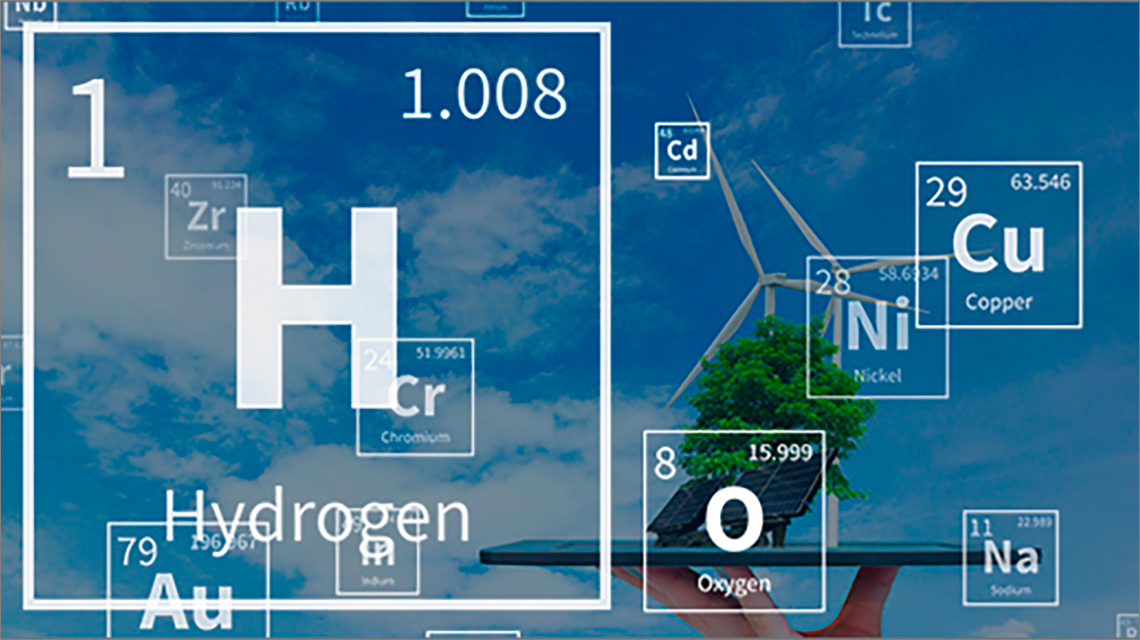Italian National Agency for New Technologies, Energy and Sustainable Economic Development

Energy: €52m to support industrial hydrogen supply chain
“The participation of ENEA and other Italian partners in the IPCEI Hy2Tech project will allow our country to exploit the considerable opportunities arising from the use of hydrogen in different application sectors, such as industry, transport, civil and residential, the latter in blending with natural gas”.
This is according to ENEA President Gilberto Dialuce on the EU Commission’s approval of the first IPCEI[1] project on hydrogen, which provides more than €1 billion in funding to Italy for research and innovation (R&I) activities, including €52 million to ENEA. “In the hydrogen sector, as an agency we have been conducting R&I activities for a long time at the national and international level, in close collaboration with industrial operators in the sector, and we support as technical and scientific advisor the Ministry of Ecological Transition and the Ministry of Economic Development in the pursuit of the strategic objectives envisaged under PNRR, Mission Innovation and IPCEI,” adds Dialuce.
IPCEI Hy2Tech brings together 35 partners from 15 member states, Austria, Belgium, Czech Republic, Denmark, Estonia, Finland, France, Germany, Greece, Italy, the Netherlands, Poland, Portugal, Slovakia and Spain, and counts on a total funding of 5.4 billion euros. Italy is participating with 6 industrial projects (Alstom, Ansaldo, De Nora/Snam, Enel, Fincantieri, Iveco) and 2 R&I projects presented by research organizations (ENEA and Fondazione Bruno Kessler -FBK).
The ENEA project will last 5 years and aims to help bridge the gap between the development and validation of innovative technologies at the laboratory scale and the pilot plant level, supporting industry in the early industrialization phase. ENEA will operate in the context of the Hy2Tech project with research, innovation, and demonstration activities to foster the development and cost reduction of production processes and the technologies themselves through the creation of pilot lines, infrastructure, and advanced laboratories with a high level of automation.
“In the ENEA Research Center at Casaccia (Rome), where a demonstration hydrogen valley is under construction, four pilot lines will be built: development of components and systems for hydrogen production, transport and distribution; fuel cells; fuel cell power train; and integration in different mobility applications. The pilot lines act as a link between research and industry to boost technology transfer and industrialization of laboratory prototypes,” stresses Giorgio Graditi, Director of the ENEA Department of Energy Technologies and Renewable Sources.
These are research infrastructures designed with a flexible and multifunctional approach that are intended to offer companies a “test bed” for the entire production process, from the manufacture of components (electrodes and membranes) and next-generation systems (innovative cells and modules, storage tanks, etc.) to testing and their validation.
“The union between research and industry represents an added value that translates into direct and indirect economic spin-offs for social development and employment growth, including through the training and retraining of professional figures, with benefits in terms of decarbonization of the energy system and increase in the use of renewable sources,” Graditi concludes.
